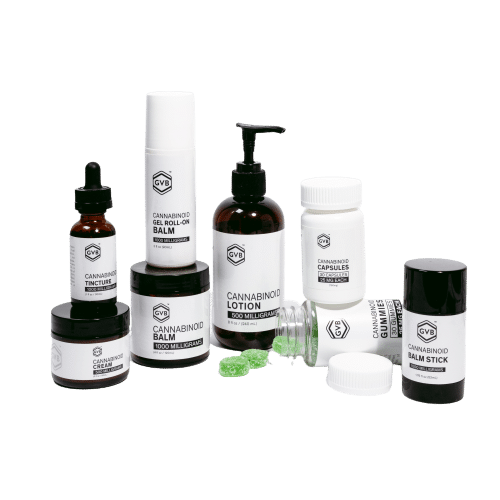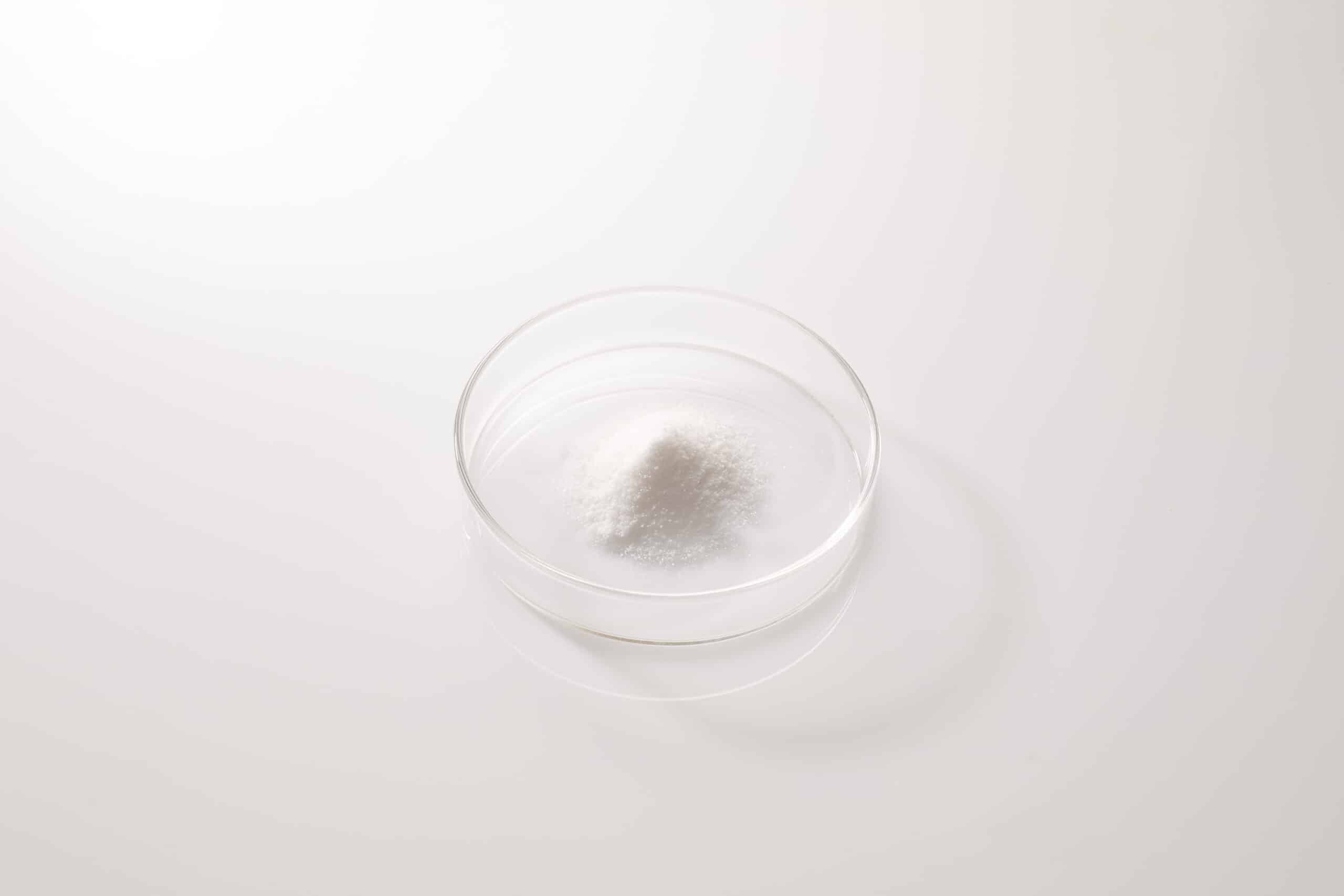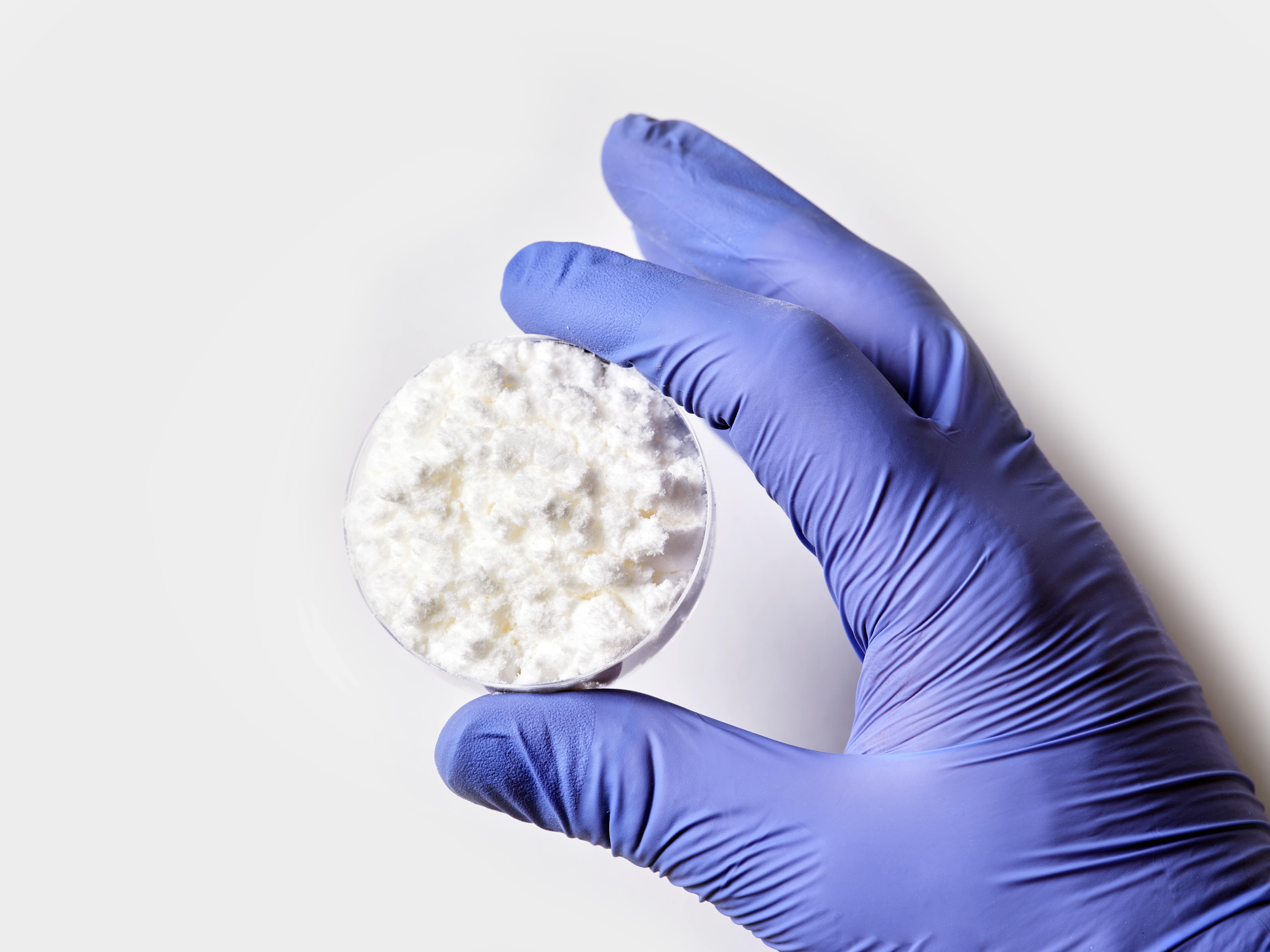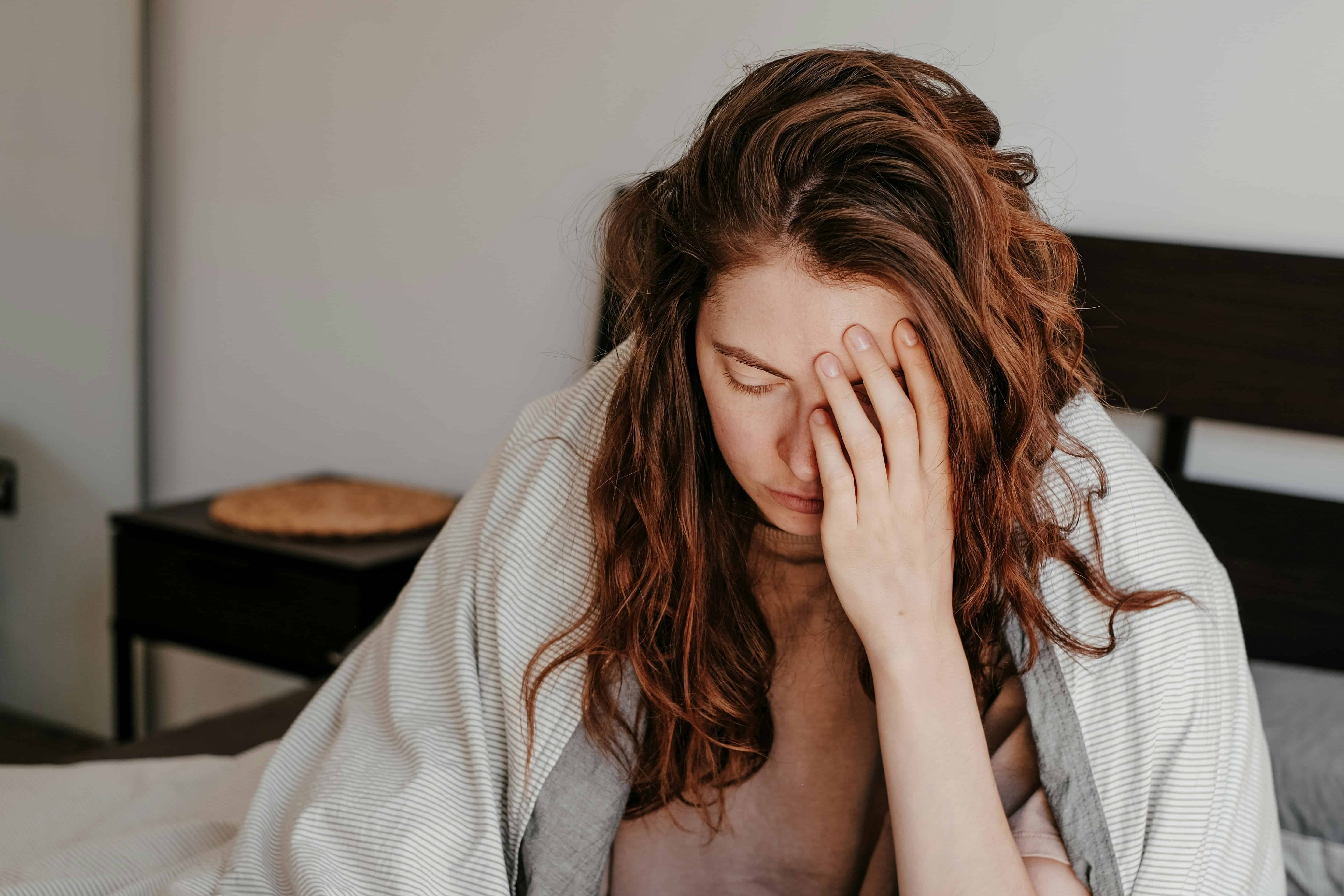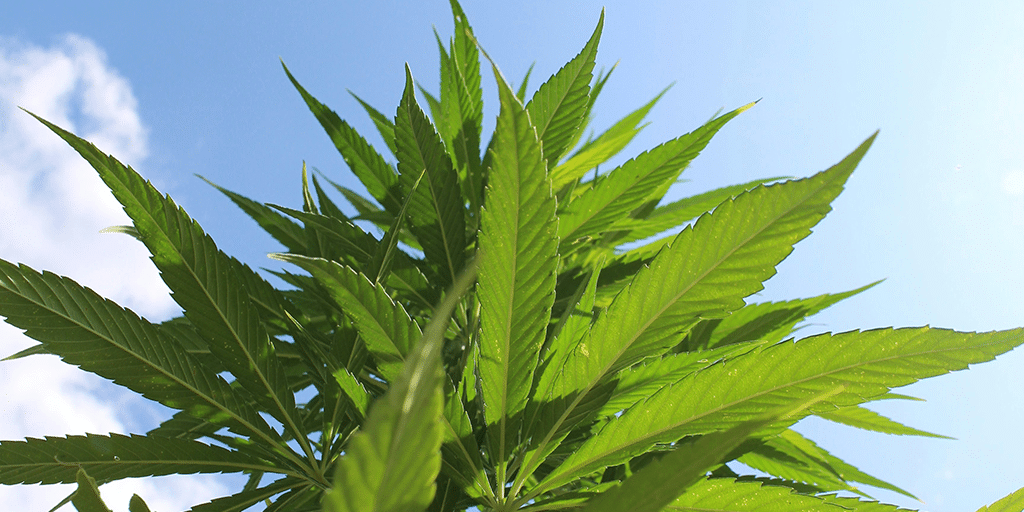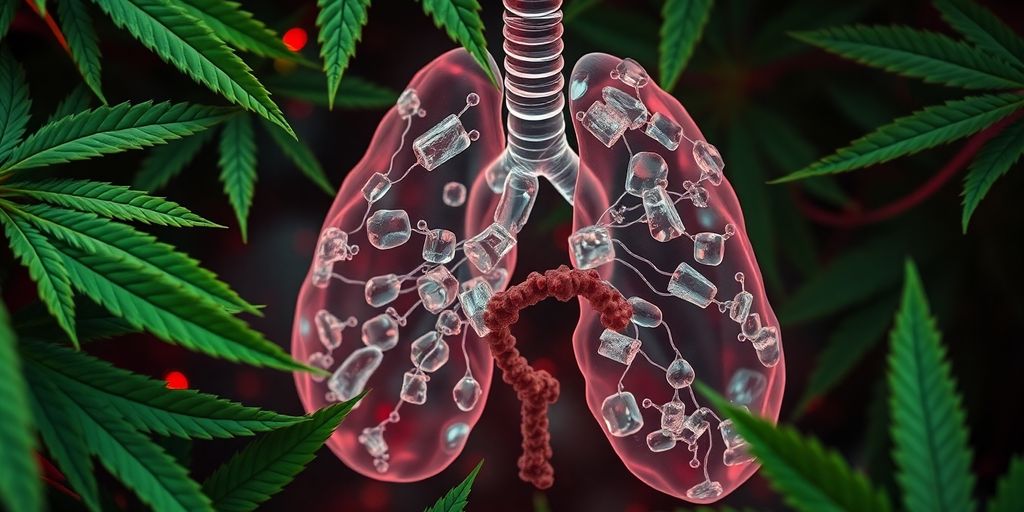CBD is growing in popularity throughout the world due to its many potential health benefits and non-intoxicating properties. For example, a recent Forbes Health survey reported that 60% of adults in the United States have tried CBD at some point in their life and believe the compound is medicinally valuable¹ Consumers have a wide variety of CBD products to choose from but each person has their own unique dose that fits their needs.
Recent polling by Leafreport and The CBD Insider gives us unprecedented insight into the minds of CBD users, including:2,3
- How consumers decide how much CBD to use
- Which sources consumers consider authoritative on CBD dosage
- How satisfied consumers are with the CBD doses they chose
To effectively reach CBD users, you must first learn who they listen to and what they want to hear. Use this guide to craft your value proposition to match the realities of the modern CBD industry.
How do I pick a dosage for CBD?
According to the latest data, CBD dosage remains an area of active research.4 So far, no consensus currently exists on the dosages required for specific ailments, with quantities varying from study to study.
So, what is the right CBD dosage for you? As with any new substance, it is important to start small and work your way up. It often takes some experimentation and adjustments to find the right dosage.
To get the best results, begin with a small dose and slowly increase the dosage until you achieve the desired effects. Nevertheless, satisfaction with selected CBD doses remains high.
The new data from Leafreport
In a report released on October 16th, 2022, market analyst Leafreport² provided detailed new data on awareness of CBD among consumers and how they make choices regarding how to use CBD. Overall, this voluminous report covers nearly a dozen different sets of data regarding CBD use and decision-making, of which only a few are relevant to the current discussion.
Below, we will cover key insights from the Leafreport analysis pertaining to how consumers establish their CBD use habits.
How do consumers decide on CBD dosage?
According to the Leafreport:
– 71% of CBD consumers determine dosage without consulting with a professional
– 18% ask a doctor
– 11% ask a CBD industry professional
Leafreport’s key finding was that 71% of CBD consumers determine their dose without consulting with a professional of any kind. Whether it is a medical doctor or a budtender, CBD consumers tend to disregard the opinions of those “in the know” in preference of discovering their own way through the complex modern CBD landscape.
How often do consumers use CBD?
The report also covered the frequency of CBD use with the following statistics:
– 14% take multiple CBD doses per day
– 31% daily users
– 27% weekly users
– 7% monthly users
– 21% infrequent user
– 31% of respondents in the Leafreport survey who use CBD indicated that they use CBD daily, and a further 27% said they use CBD weekly. Overall, that makes more than 50% of the respondents regular CBD users, meaning that their opinions are based on actual experience.
How much CBD do consumers take at a time?
The amount of CBD that consumers in the report took at one time varied as follows:
– 13% take less than 5mg
– 26% take 5-10 mg of CBD per dose
– 17% take 10-20 mg per dose
– 11% take 20-40 mg per dose
– 4% take 40-70 mg per dose
– 3% take 70-100 mg per dose
– 4% take more than 100 mg per dose
– 22% had no idea about dose size
The largest percentage of CBD consumers (26%) only reported using 5-10 mg of CBD per dose. Seventeen percent took 10-20 mg per dose, and 11% reported taking 20-40 mg.
Most interestingly is the number of Leafreport survey respondents who had no idea how much CBD they used on a daily basis (22%). This is the second-largest category over the 5-10 mg group, introducing an element of unpredictability to all the data Leafreport received
Are consumers happy with the CBD doses they chose?
Even though many CBD consumers are unaware of how much CBD they are using, CBD consumers are certainly happy about it. With 57% of CBD users reporting that they are satisfied with the dose they chose, the accuracy of dosing seemingly makes little difference in how impressed CBD users are with the results they achieve.
– 57% were happy about the dose they chose and still use it
– 17% increased their dosage
– 10% decreased their dosage
– 16% have not found the right dose
Does CBD dosage change based on the time of day?
Consumers reported the following when asked if they changed their dosage based on time of day:
– 48% always use the same amount of CBD
– 32% take variable doses
– 20% purposefully alter their dose based on the time of day
Despite the fact that many CBD products are targeted to be used during a certain time of day, only 20% of Leafreport respondents indicated that the hour had any impact on their CBD usage. Nearly 50% indicated that they used the same dose of CBD regardless of timing, and 32% said they simply took as much CBD as they needed at a given time.
How much CBD do consumers want products to contain?
Leafreport’s results regarding desired potency in CBD products agree with common-sense expectations. The vast majority of CBD users want products containing somewhere between 1mg and 1000mg of CBD, and only a small subset of consumers want higher doses. Interestingly, more than a quarter (26%) of respondents indicated that they do not check cannabinoid concentrations when buying CBD products.
– 28% want products with less than 500 mg CBD
– 32% want products with 500-1000 mg CBD
– 9% want between 1000 and 2500 mg
– 5% want more than 2500 mg CBD per product
– 26% do not check CBD concentrations
How useful was CBD in the course of treatment?
Even without a professional assessment, CBD users are remarkably satisfied with the impact CBD had on the condition they were attempting to treat. The largest group of Leafreport respondents (32%) were completely satisfied with the effect CBD had on their condition compared to only 4% who were completely dissatisfied.
– 34% gave CBD a 5-star rating
– 32% 4-star
– 23% 3-star
– 8% 2-star
– 4% 1-star
Key takeaways: Are consumers self-determining CBD dosage effectively?
CBD consumers are among the most independent factions within the overall natural health consumer landscape. At this point in time, many CBD consumers are taking their own advice when it comes to something as important as dosing. To their credit, there are a few reasons behind this trend.
CBD is widely represented as a safe and harmless substance. As a result, consumers are less cautious in general with CBD. However, each person has a different receptivity and tolerance to cannabinoids. Each individual does in fact have a dosage that is specific to their needs and overall receptivity of the cannabinoid.
As time moves forward and the industry continues to learn more about the use and benefits of CBD through research, we expect breakthroughs to emerge, allowing individuals to have access to recommended dosages based on their own body’s receptivity.
CBD dosage FAQs
Learn the basics of dosing CBD below:
1. How often should I take CBD?
There are no official guidelines regarding how often you should take CBD. Most users find the effects of orally ingested CBD to last around 2-3 hours, though, so it is common to take CBD 5-6 times per day. At an average dose of 10-20 mg, this equates to approximately 50-120 mg CBD per day – close to what most daily users end up consuming.
2. How do you calculate CBD dosage?
Since most CBD products list the total CBD per bottle more clearly than the CBD per dose, calculating the dosage of CBD in your product can be a challenge. Most CBD products feature fine print, however, that indicates how much CBD is contained in a serving and the size of a serving. Some CBD tinctures even have droppers with measurement lines to provide 100% accurate dosing.
3. How do you use a CBD dosage calculator?
To use a CBD dosage calculator, you usually need to provide your weight, the total amount of CBD in your product, and your desired dose (mild, moderate, or heavy). Based on these criteria, the majority of CBD dosage calculators available online will be able to provide you with useful recommendations.
4. Is CBD safe at any dose?
So far, research into CBD reports a dose-dependent relationship with purported side effects of CBD and amount taken.5 These side effects increase the more you take and include drowsiness and sleep disturbances. While individual instances of bad reactions to CBD do occur, they appear to be more related to the properties of the product or the health status of the individual than they are with CBD’s inherent traits. Practice caution when dosing with CBD, but recognize that the general consensus is that an overabundance of caution is unnecessary.
If you are taking any medications or are managing a health issue it is important you consult with your healthcare provider to make sure it is safe for you to take CBD.
5. How much CBD should a tincture contain?
To contain enough CBD for a considerable number of doses, a CBD tincture should contain at least 250 mg CBD. The vast majority of tinctures on the market, however, contain considerably more than this CBD concentration: 500-1000 mg is the norm, but some tinctures contain more than 2500 mg CBD. It’s generally viewed as unnecessary to pack more than 3000 mg of CBD in a tincture.
6. What is the best CBD dose for sleep and anxiety?
Most users find that 25-50mg of CBD is best for sleep or anxiety concerns. In clinical studies, much higher doses have been used, but it’s unclear whether increasing the dose above 50mg considerably increases the usefulness of CBD for either facilitating sleep or reducing anxiety. Ask your doctor if you have any unanswered CBD dosage questions.
7. What are the effects of a 25mg CBD drink?
If you drink a CBD beverage that contains 25mg CBD, expect to feel the same way you would after a moderate CBD tincture dose or 1-2 capsules or gummies. Just because it’s included in a drink doesn’t mean that CBD somehow becomes monumentally more effective. An orally ingested 25mg dose of CBD feels about the same whether it’s taken in the form of a pill, gummy, tincture, or drink.
8. What are the effects of 10mg CBD gummies?
A CBD gummy with only 10mg CBD will not be particularly effective on its own. However, some users prefer the freedom of dosing CBD in 10mg increments, in which case 2-3 gummies might be taken at once. Nonetheless, an average CBD gummy contains at least 25mg CBD.
9. Is 10 drops a good dose for CBD oil?
Whether or not 10 drops constitutes an effective or safe dose of CBD oil depends on both the quality and the potency of the CBD oil in question. If a CBD oil contains 1500mg CBD in a 1oz bottle, for instance, 10 drops might contain around 10-20mg CBD — a reasonable dose. A tincture with only 500mg spread across 1oz, though, will only deliver 3-10mg CBD in 10 drops, which most likely won’t be sufficient.
Sources
- 1. Hall, A. (2022, April 21). Survey: 64% Of U.S. Adults Think CBD Is Safer Than Alcohol, Despite Legality Concerns. Forbes Health. Retrieved from https://www.forbes.com/health/body/2022-cbd-survey/
- 2. Stone, E. F. (2022, October 16). Spotlight on CBD Dosage: 71% of CBD Users Self-determine Dosage Without Consulting a Professional. Retrieved October 17, 2022, from https://www.leafreport.com/education/spotlight-on-cbd-dosage-71-of-cbd-users-self-determine-dosage-without-consulting-a-professional-13920
- 3. Insider, T. C. (2022, September 22). 2021 US CBD Consumer Report. The CBD Insider. Retrieved October 17, 2022, from https://thecbdinsider.com/featured-article/the-cbd-insider-2021-us-cbd-consumer-report/
- 4. White, C. M. (2019). A review of human studies assessing cannabidiol’s (CBD) therapeutic actions and potential. The Journal of Clinical Pharmacology, 59(7), 923-934. Retrieved from https://pubmed.ncbi.nlm.nih.gov/30730563/
- 5. Brown, J. D., & Winterstein, A. G. (2019). Potential adverse drug events and drug–drug interactions with medical and consumer cannabidiol (CBD) use. Journal of clinical medicine, 8(7), 989. Retrieved from https://www.mdpi.com/2077-0383/8/7/989?utm_sq=g4xlu2tj61


